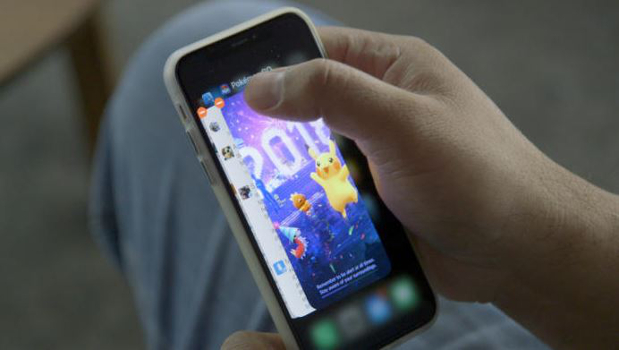
Apple’s price inflation turns privacy from a right to a privilege
Apple believes privacy is a fundamental human right, or so CEO Tim Cook told CNN in the wake of WWDC last spring. He condemned the data collection spree he saw from competitors as “out of control,” and he worried that most people have no idea how often they’re being tracked.
It was easy to admire Apple in the moment. They were words consumers wanted to hear – particularly in a decade rocked by the Cambridge Analytica scandal and data breaches at companies like Uber and Yahoo, to say nothing of Google’s habit of sifting through our Gmail in order to better pepper our browsing experience with ads. Against such a backdrop, Apple looked like a knight in shining, brushed aluminum armour.
The wider public probably knows this best from Apple’s famous resistance to unlocking iPhones for the FBI, or the way that Apple only stores your Touch ID fingerprint on the device itself. But it goes far deeper. Apple now includes anti-fingerprinting software and Intelligent Tracking Prevention in both iOS and macOS, which stops data collectors from tracking your movements and handling your data. It now includes File Vault 2 on all Macs, encrypting your files. Apple does send off data of its own, of course, but a recent study found that Apple collects 10 times less data than what Android devices ship off to Google, and even then Apple includes protections that keep Apple from knowing it came from a particular device.
Too bad that this moral high ground isn’t inspiring Apple to lead a revolution in data privacy by releasing low-end devices. In fact, Apple’s most recent quarterly report revealed how rising device prices were causing the Cupertino giant’s revenues to soar even in times when iPhone sales remained flat.
The problem intensifies the more heavily you invest in Apple’s ecosystem. Let’s say you start with an iPhone, which then leads you to buy a MacBook Pro to enjoy its greater privacy as well. Beyond that, perhaps you’ll want to get an iPad (and Apple Pencil!) for your family. Heck, you might as well buy a HomePod as it transmits far less data than the inexpensive smart speakers from Google and Amazon. At the very least, you’re easily looking at more couple thousand euro at this point.
Is there hope?
If Apple was serious about granting everyone access to data privacy, it would release more products aimed at low-end buyers. There are hints that Apple is at least trying to placate slimmer wallets, as we’re no longer dealing with the blatantly luxury-minded Apple of the $10,000 Apple Watch Edition.
Instead, we see Apple releasing a €369 iPad aimed at students, which even includes support for the Apple Pencil (which used to be limited to the much pricier iPad Pro). Most recently, we saw Apple release the iPhone XR, which came out the same year as the flagship iPhone XS but costs less and differs mainly in cosmetics. These are still pricey devices, but they hint at a humbled Apple – but not one that’s so humbled that it’ll consider updating a device like the iPhone SE.
Tim Cook has said that he sees Apple has a “force for good,” and I buy into that. I admire the company’s environmental initiatives, as well as its attempts to make its devices useful for health care without attempting to monetise the associated services.
But in an age where we see the adverse effects of corporations mishandling user data every day, in an age when our personal data is used to manipulate us and turn us against one another, and in an age where passwords too easily grant access to our whole lives, Apple could arguably do no better good than make greater efforts to keep its products accessible to a wider audience.
As it is, it won’t be long before those prices are “out of control” and therefore out of reach.
IDG News Service






Subscribers 0
Fans 0
Followers 0
Followers